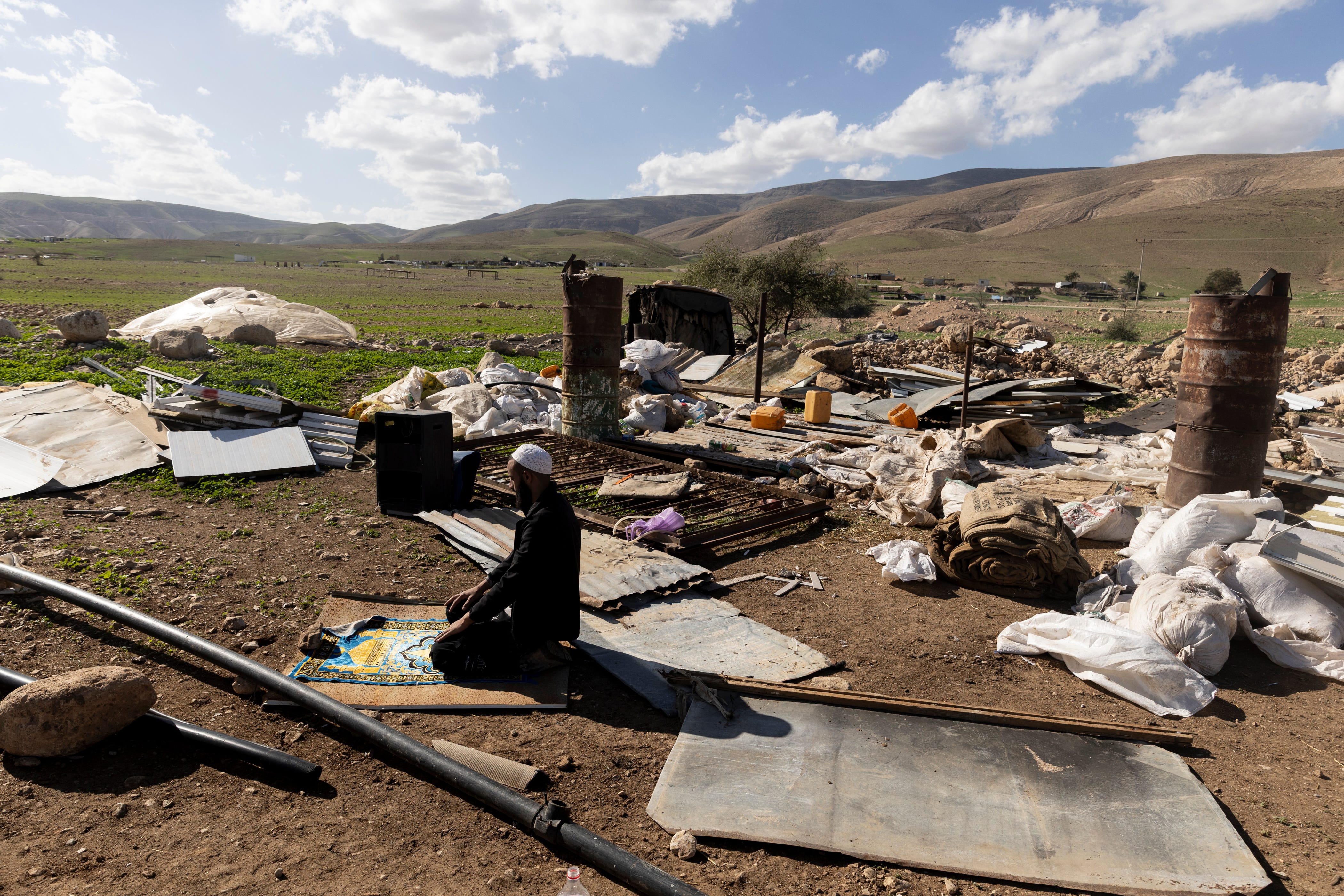 A vast trove of secret State Department cables obtained by WikiLeaks expose the inner workings of U.S. diplomacy and offer bluntly candid assessments of American diplomats, according to news organizations granted advance access to the more than 250,000 confidential documents.
A vast trove of secret State Department cables obtained by WikiLeaks expose the inner workings of U.S. diplomacy and offer bluntly candid assessments of American diplomats, according to news organizations granted advance access to the more than 250,000 confidential documents.
The documents suggest American diplomats were ordered to engage in low-level spying by obtaining personal information on foreign diplomats such as frequent flier and credit card numbers, presumably to better track their movements.
The documents expose the trade-offs and diplomatic deals needed to win last year's new round of sanctions on Iran, as well as new information on how North Korea has aided Iran's missile program.
Many of the insights gleaned from the documents are not surprising by themselves.Newspapers have long reported that Arab nations are privately much more concerned about Iran's nuclear program than they admit publicly, and the cables document such concerns.
But such analysis rarely has the imprimatur of a U.S. government document, and the cables quote Arab officials by name expressing concerns they would deny in public. One cable, for instance, details an offer by Saudi Arabia to supply China with oil if it supported sanctions against Iran-a rumored transaction that was always officially denied.





 In a statement, the Egyptian government called it a "dangerous escalation aimed at consolidating Israeli control...
In a statement, the Egyptian government called it a "dangerous escalation aimed at consolidating Israeli control... Over the span of four years, 50-year-old Fidda Mohammad Naasan and her family have been violently...
Over the span of four years, 50-year-old Fidda Mohammad Naasan and her family have been violently... Chris Tackett started tracking extremism in Texas politics about a decade ago, whenever his schedule as...
Chris Tackett started tracking extremism in Texas politics about a decade ago, whenever his schedule as...






























